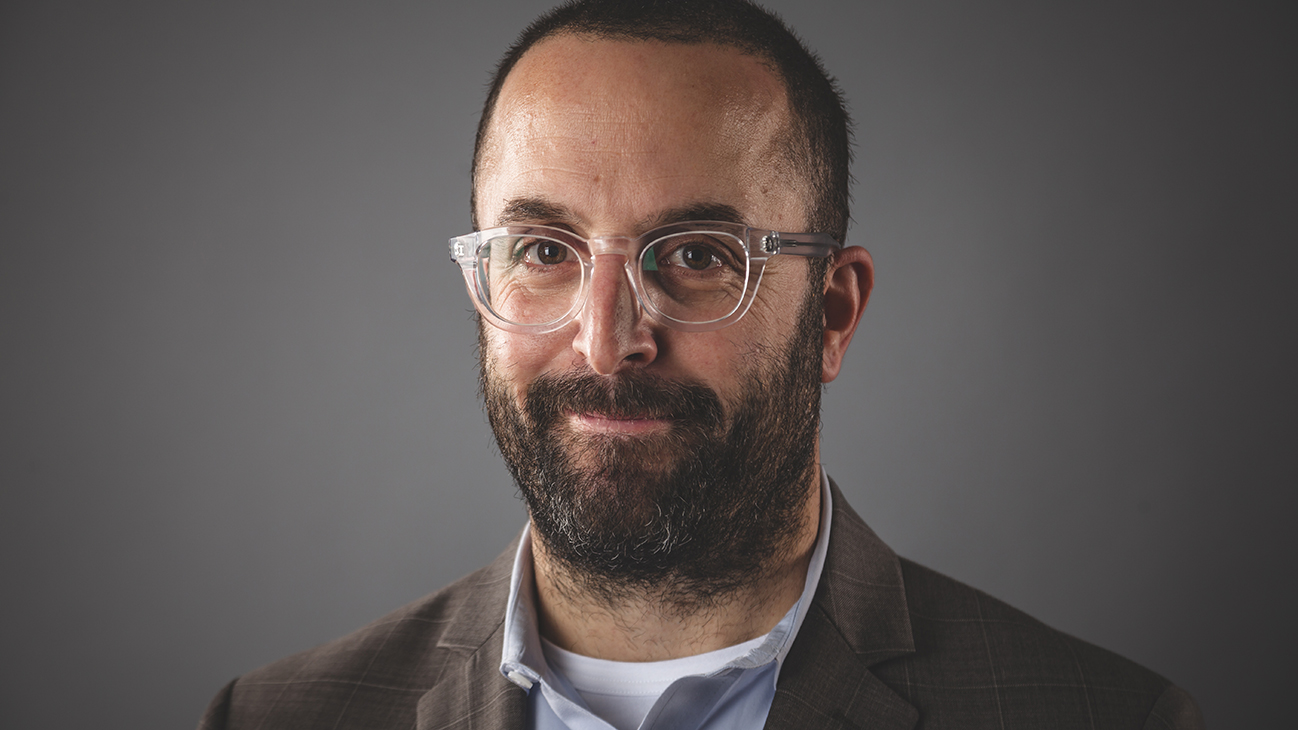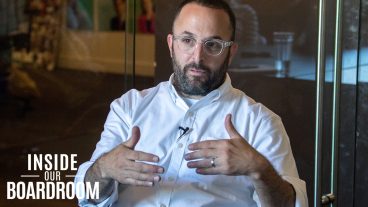With the legalization of adult-use recreational cannabis on October 17, Canada will become the first among G7 country to legalize both medical and non-medical cannabis. This should be a moment of pride for our country as we see an increase in innovative people and companies driving the Canadian cannabis sector and the future of a global multi-billion-dollar sector. But, understandably, with an economic, cultural, and medical disruption of this scale, for some it’s also become a source of concern.
Many HR professionals are spending sleepless nights imagining a potential onslaught of impaired employees entering their workplaces. But, those HR folks should rest easy, because the change that October 17th is bringing will be more “evolutionary” than “revolutionary” — so there is no need for immediate panic.
While the attention right now is on adult-use recreational cannabis, looming in the distance is the larger, longer-term story of the advancement of medical cannabis in Canada. This will have a far bigger impact on the workplace than recreational cannabis and will require far more action.
Here’s why:
Reduced Stigma = Increased Accommodation
The latest numbers out from Health Canada suggest that there are more than 330,000 Canadians currently registered as medical cannabis patients. However, according to research conducted by the Business of Cannabis and the Human Resources Professionals Association, there has not been an equivalent uptick in patients asking for accommodation. Expect this to change as stigma decreases around cannabis as medicine. Canadian workplaces should be prepared for more patients feeling comfortable asking for workplace accommodation for their use, similar to other medications.
Increased Coverage = Employee Pressure
This headline in the Financial Post from July tells you everything you need to know about how mainstream medical cannabis is becoming: Manulife launches Canada’s first medical marijuana program with Shoppers Drug Mart. As Canadian giants like Shoppers Drug Mart enter the fray, insurance companies will increasingly be adding medical cannabis coverage to their benefits plan. As this happens, employees — an ever-increasing number of whom are seeking cannabis-based therapies — will pressure their employers to add cannabis coverage to their plans. Canadian employers should prepare themselves for this because they will eventually be paying for their employees’ medical cannabis.
More “Dose-able” and Discrete Consumption Methods
Not all medical cannabis is the same — and not all is, or will be, combustible or smokable. In fact, as research and development increases by leading licensed producers, pharmaceutical companies, and researchers, the consumption methods will change as well. This means that medical cannabis will not only be the kind you smoke, but will increasingly be precisely dosed and ingested through discrete pills, vaporizers, patches, sprays, drops — and even suppositories — that will help patients use their medical cannabis more effectively and discretely.
Get Prepared
So, how do workplaces and employers prepare for this rapidly changing medical cannabis landscape? They first need to accept that change is coming and understand that they need to proactively prepare for it.
This could mean updating policies relating to workplace impairment to specifically include cannabis. Plus, making sure that all HR professionals, team leads, and executive teams understand how, where, why, and when cannabis is and will be used as medicine, and incorporate that into their strategy around medical benefits. Lastly, communicating with employees now and in an ongoing fashion about new and changing policies to ensure everyone is on the same page.
Legalization of cannabis is here, and Canada is establishing itself as a global leader in the cannabis industry, and this can include how we integrate medical cannabis into our lives and workplaces.
Jay Rosenthal has a 20-year career at the intersection of media, business, politics, and policy. As the co-founder and president of Business of Cannabis, he provides context and insight into this dynamic and ever-changing Canadian sector.
Interested in learning more about Jay and what he can bring to your next event? Email us at [email protected].




